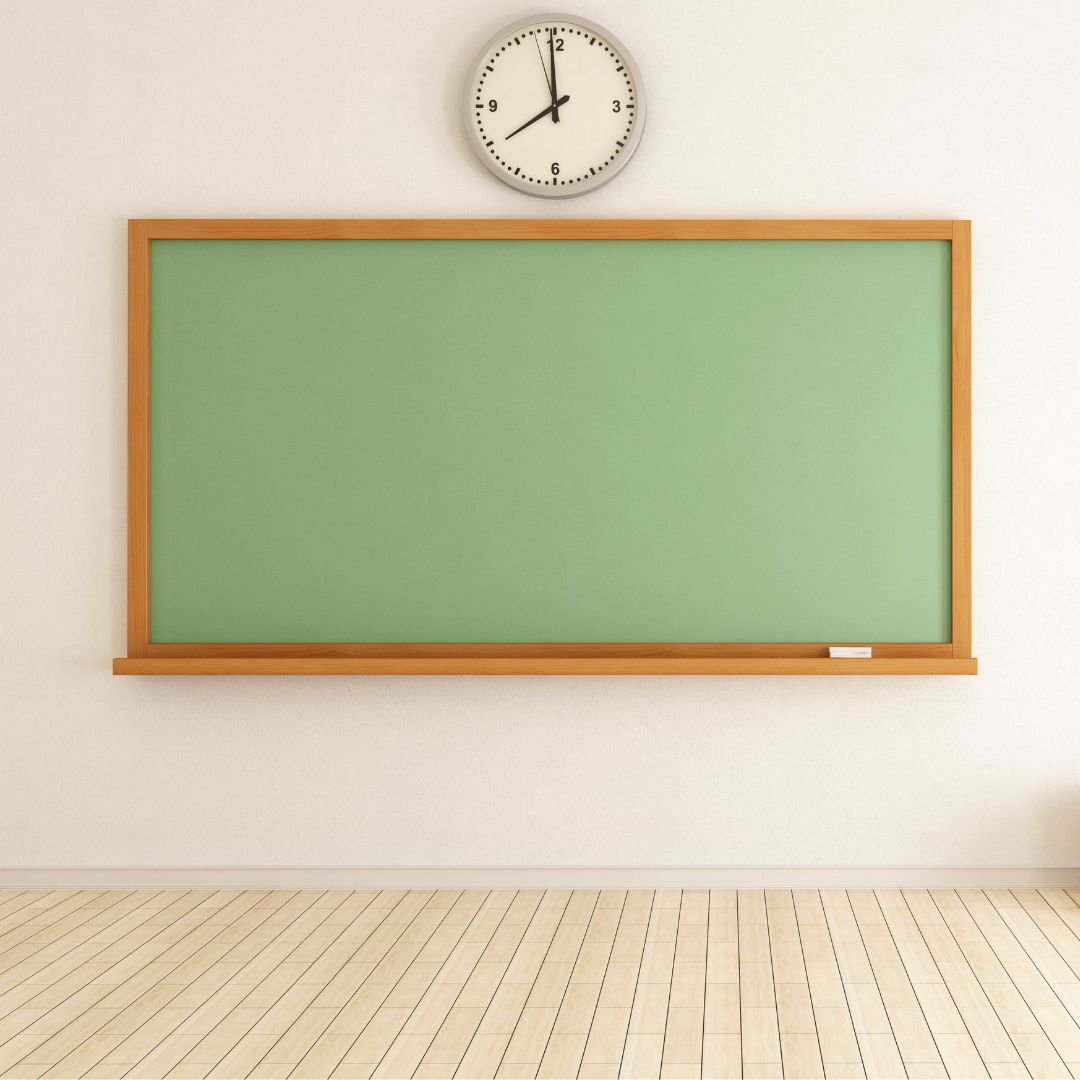One of the most common questions we hear from parents who are raising a child with ADHD is this: “How do I manage all of this stress?” From extra appointments, to unexpected calls from the school, lost soccer jerseys, and meltdowns that can come out of nowhere… a lot parents of children with ADHD needs tools to reduce mental stress. We have asked Elizabeth Andreyevskiy, an amazing mother of four children and stress coach to moms, to share her top strategies to help! Thank you so much for sharing your expertise, Elizabeth! We are truly grateful to share these tools with our audience.
As a parent, you need mental and emotional energy to be able to support your child with ADHD.
I’m sure you’ve noticed this: When you are stressed, you tend to be more irritable and easily triggered. You are not alone in this. A stressed brain has a much harder time regulating challenging emotions and staying calm.
Feeling stressed is such a common theme in our culture and sometimes even idolized. Children with ADHD need a different parenting approach and it does take extra energy and effort on your part to reduce mental stress.
Here are 4 simple things you can start doing today to lower your mental stress and overwhelm in your day-to-day life so you can have the mental space and energy to help your ADHD child when they are struggling.
1. Reduce the amount of commitments you have outside of your home.
Kids with ADHD easily get overwhelmed and need extra downtime to decompress. When you have a busy lifestyle and you find yourself rushing and running late often – that will create extra stress on you and your child. Saying NO to commitments that drain you or create chaos in your family life is one of the best things you can do to lower your stress.
2. Prioritize your basic needs to reduce mental stress.
Just as you don’t expect a car to drive on an empty gas tank, knowing it will stall, you also cannot expect yourself to thrive and have energy as a parent if your basic needs are unmet. Yes, your kids are important but YOU are important too. When your basic needs – such as sleep and eating meals – are unmet, your brain is unable to focus on emotional regulation. Unmet biological needs overpower emotional regulation.

3. Create time to decompress on a regular basis.
If you are an introvert or a highly sensitive person, then this part is crucial. Create time in your week to do something that will calm your nervous system. This will help you have more patience and emotional regulation during hard moments. Do something that does not involve a screen. You can play an instrument, read, color/paint, move your body, write, or do DIY projects you enjoy.
4. Journal what feels stressful to reduce mental stress.
When you are overwhelmed, one of the reasons is because you are trying to keep track of everything in your head. You find yourself reactive with your kids about minor things. Brain dumping on paper everything swirling in your mind will help you feel lighter and allow room for self regulation and co-regulation.
Mental stress and overwhelm will make it harder for you to self regulate and come alongside your children when they are struggling. In order to thrive as a parent and have the energy to implement the support your child needs, you first need to take care of YOUR NEEDS and reduce mental stress.

Elizabeth is a mom of 4 kids, 10 and under. She lives in MN with her husband of 13 years. She loves self development and deep conversations with other moms. Elizabeth became a stress coach after struggling implementing gentle parenting due to feeling overwhelmed and stressed. Now she helps overwhelmed moms reduce the mental stress so they can respond with patience and calm with their kids.
For more stress management tips visit: emotionallyhealthylegacy.com to sign up for weekly emails for mental stress tips. You can also find Elizabeth on instagram at: @emotionally_healthy_legacy
Thank you Elizabeth! We are so grateful for your expertise in this area.
If your child has a diagnosis of ADHD, check out our online course, Creating Calm. We break down tools and strategies to help you raise a happy and independent child with ADHD.
Have a wonderful week,
Lori, Katie, and Mallory







+ show Comments
- Hide Comments
add a comment